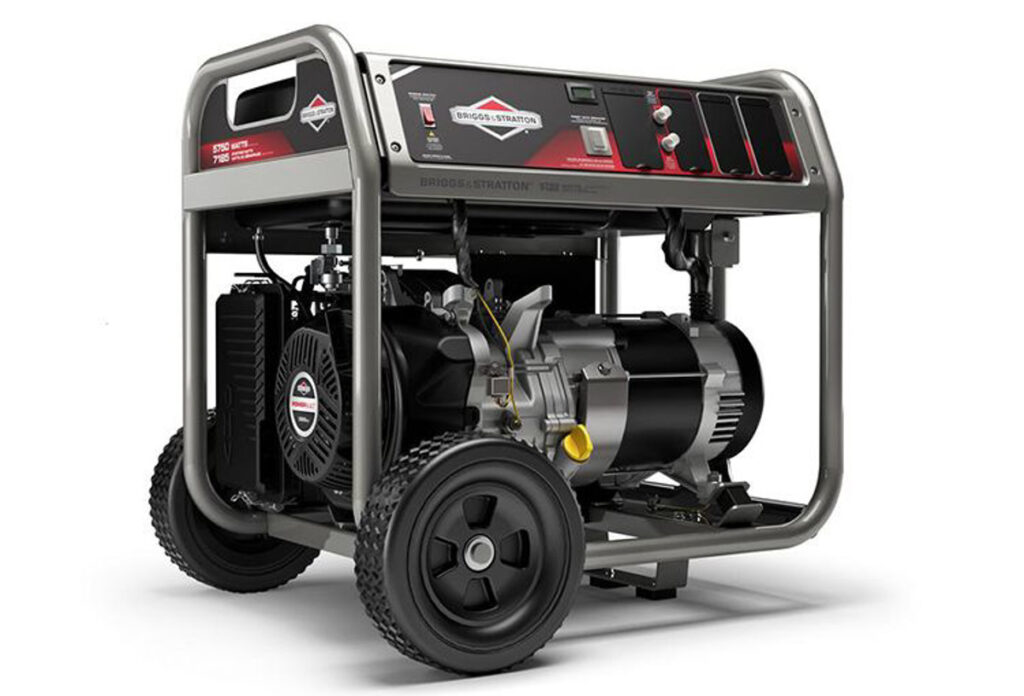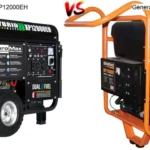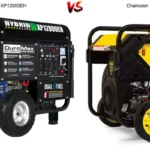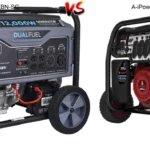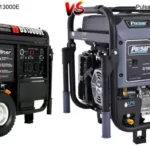Generators are a great way to keep your home running smoothly during power outages and emergencies. Whether you’re looking to purchase a generator for emergency use or to provide an alternative power source for your home, this article will guide you through all the information you need to make an informed decision. From reviews of the best generators to how-to’s for installation and maintenance, this article will provide you with all the tools you need to make the best purchase for your needs.
Types of Generators
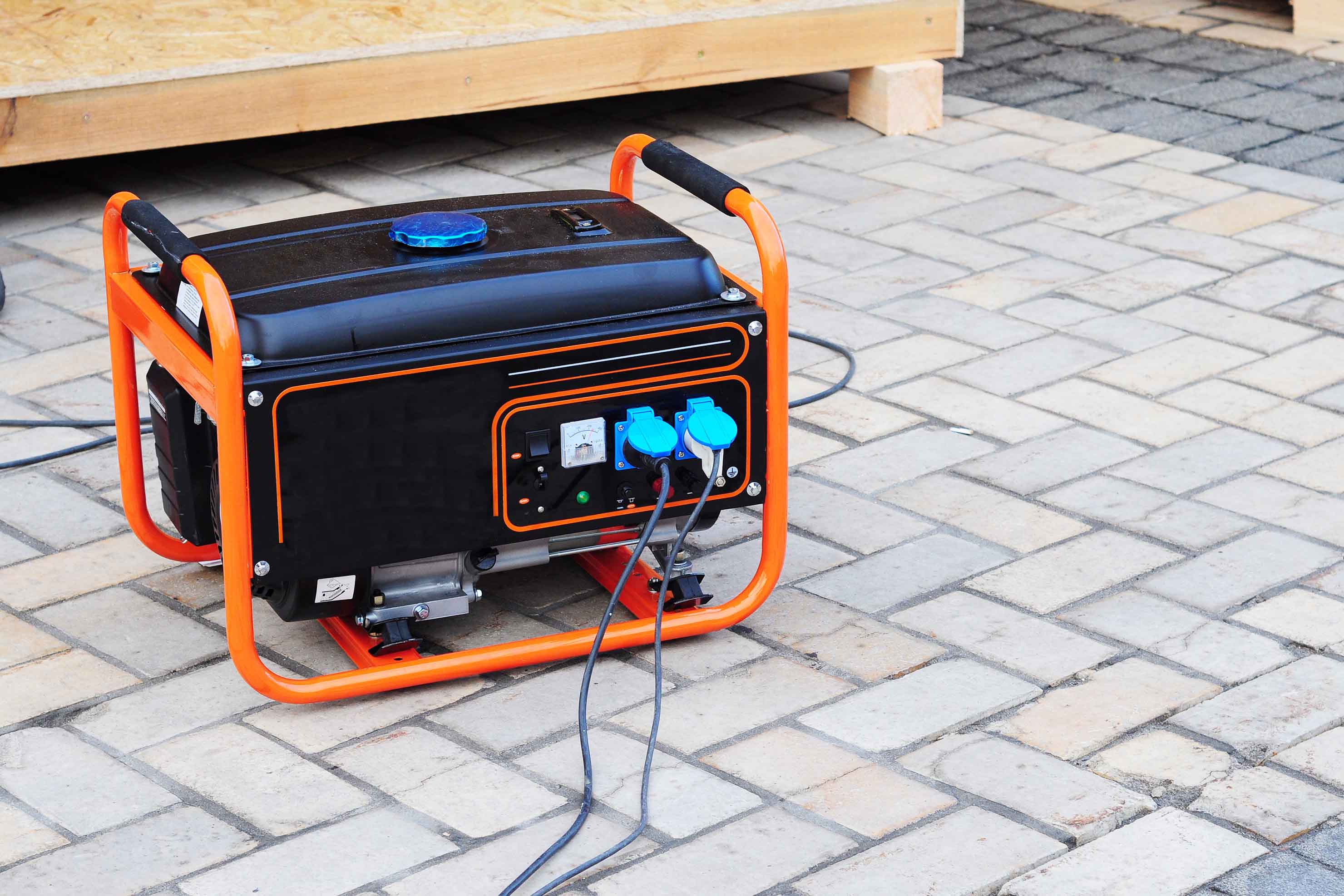
1 Portable Generators
Portable generators are the most commonly used type of generators. They are ideal for camping trips, tailgating, RVing, and other activities. Portable generators are powered by gasoline, diesel, or propane, and they typically provide between 800-12,000 watts of power. They are also smaller and lighter than other types of generators, making them easy to transport.
2 Standby Generators
Standby generators are designed to provide a reliable source of backup power during a power outage. They are permanently installed outside the home and require professional installation. Standby generators are powered by natural gas or propane and can provide between 8,000-150,000 watts of power. They are significantly more expensive than portable generators but provide a more reliable source of power.
3 Inverter Generators
Inverter generators are a type of portable generator that are quieter, more fuel-efficient, and produce cleaner power than traditional portable generators. They are powered by gasoline, diesel, or propane and typically provide between 1,000-6,000 watts of power. Inverter generators are ideal for activities such as camping, RVing, and tailgating.
Factors to Consider When Buying a Generator
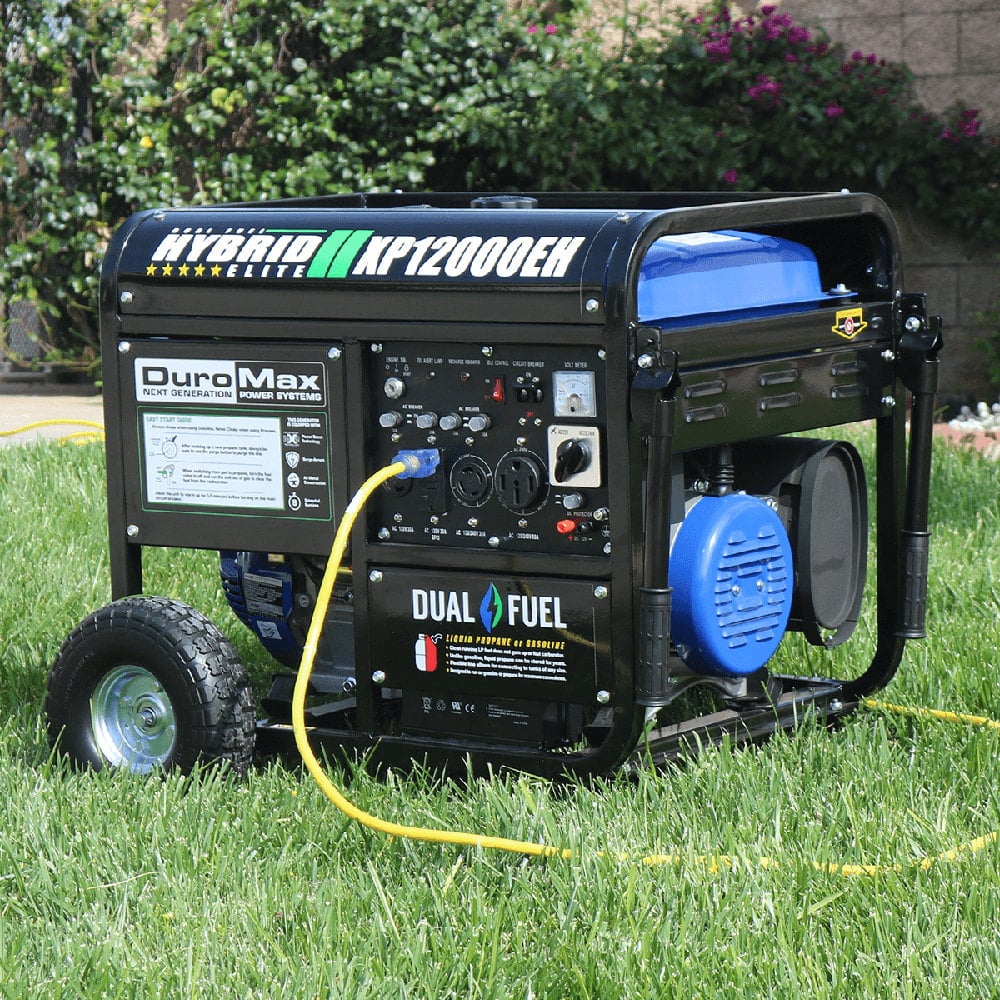
1. Power Output
When purchasing a generator, you need to determine the amount of power you will need. Generators are rated by wattage and you need to know the wattage of all the appliances and tools that you will be running. It is best to purchase a generator that provides more power than you need to ensure that all of your items will be powered properly.
2. Size and Weight
The size and weight of the generator is another important factor to consider. If you plan on moving the generator around, you should look for a model that is lightweight and portable. If you plan on leaving the generator in one spot, then size and weight may not be a concern.
3. Running Time
When buying a generator, you should consider how long it can run without refueling. The run time for a generator is usually determined by the size of the fuel tank. Generator fuel tanks usually range from 1 to 10 gallons.
4. Fuel Source
Generators can be powered by gasoline, diesel, natural gas, or propane. Depending upon your needs, you should decide which fuel source is best for you. For example, natural gas is a good choice if you are looking for a fuel source with fewer emissions.
5 Noise Levels
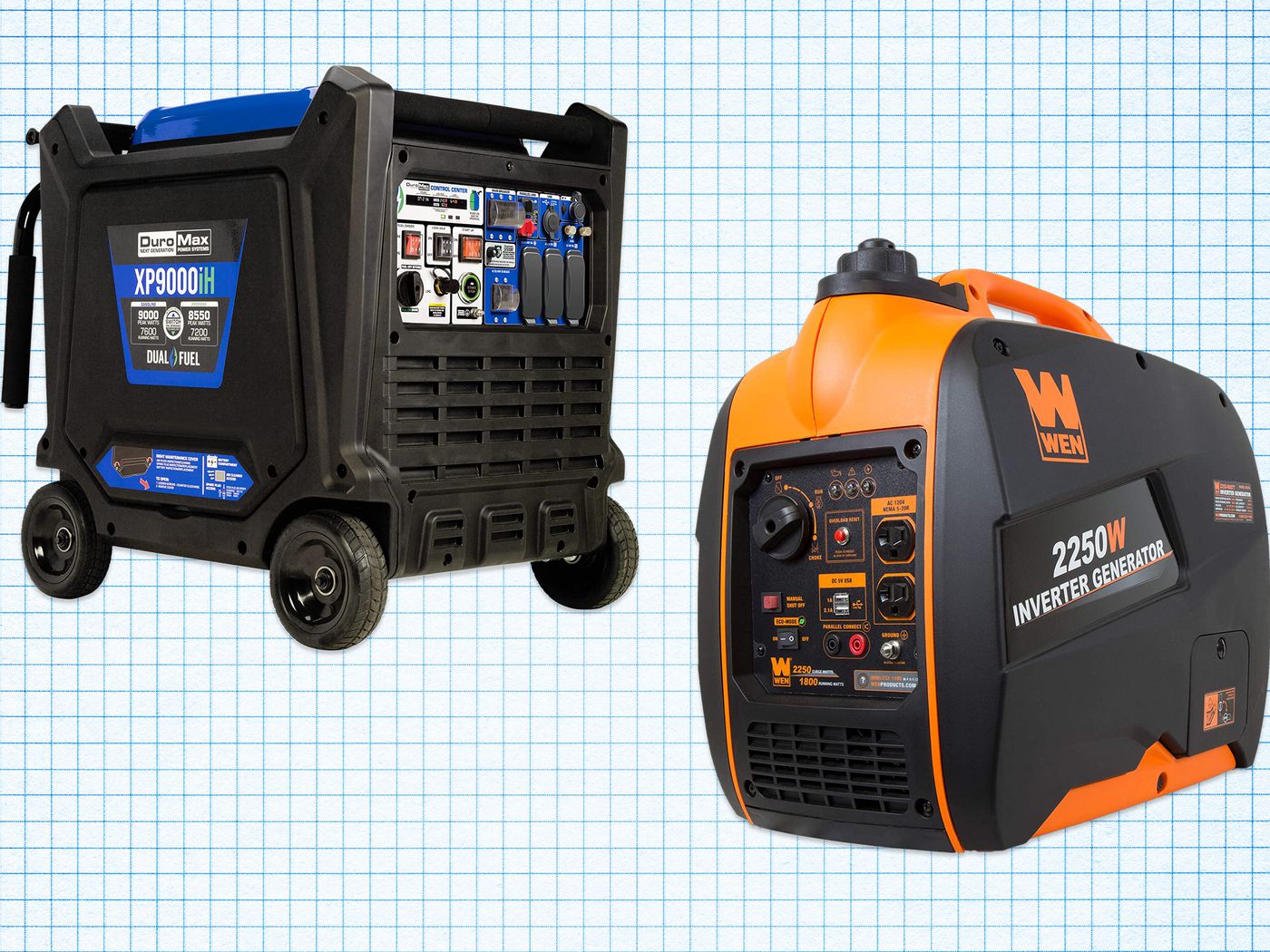
When shopping for a generator, it’s important to consider the noise level it produces. Generators can be loud, so it’s important to select one that won’t be too intrusive. Here are five noise levels to consider when buying a generator:
| Noise Level | Decibel Rating |
|---|---|
| Very Quiet | 50-59 dB |
| Moderate | 60-69 dB |
| Loud | 70-79 dB |
| Very Loud | 80-89 dB |
| Extremely Loud | 90+ dB |
Generators that are classified as very quiet are ideal for residential areas, while those with a moderate noise level are suitable for use on a construction site. For outdoor events and activities, a generator that produces a loud sound may be acceptable. If an extremely loud generator is necessary, it should be used in a well-ventilated area.
When selecting a generator, knowing the noise level is essential for ensuring that it is suitable for the intended purpose.
6 Cost
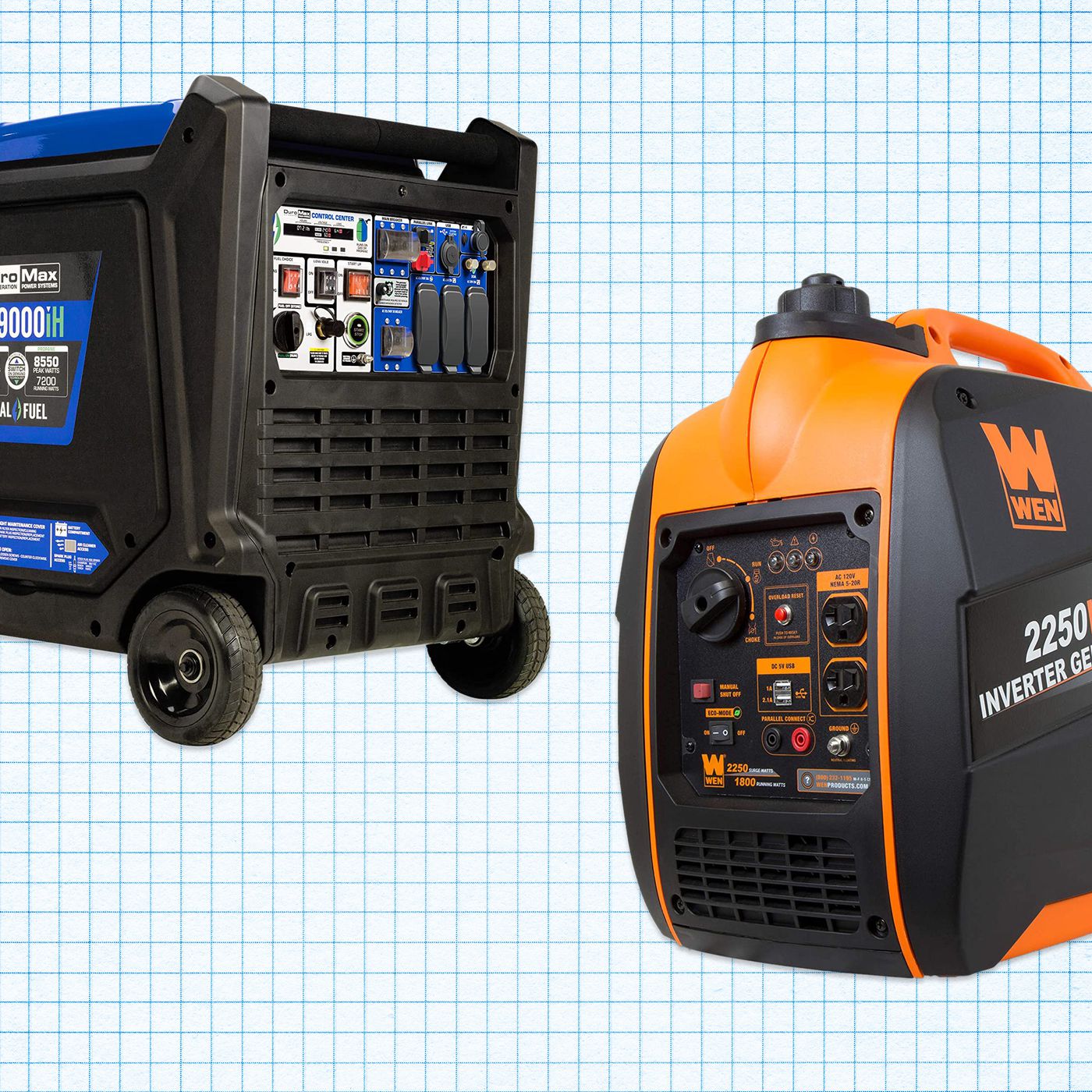
When buying a generator there are several important costs to consider.
| Cost | Description |
| Purchase Price | The cost of the generator itself. |
| Installation | The cost of having the generator installed, if necessary. |
| Fuel Cost | The cost of the fuel required to operate the generator. |
| Maintenance | The cost of regularly maintaining and servicing the generator. |
| Storage | The cost of storing the generator when it is not in use. |
| Replacement Parts | The cost of replacing parts of the generator as they wear out or break. |
These costs will vary depending on the type of generator you purchase and the amount of use you anticipate. It is important to consider all of these costs when making your decision so that you can be sure to get the most value for your money.
Benefits of Owning a Generator
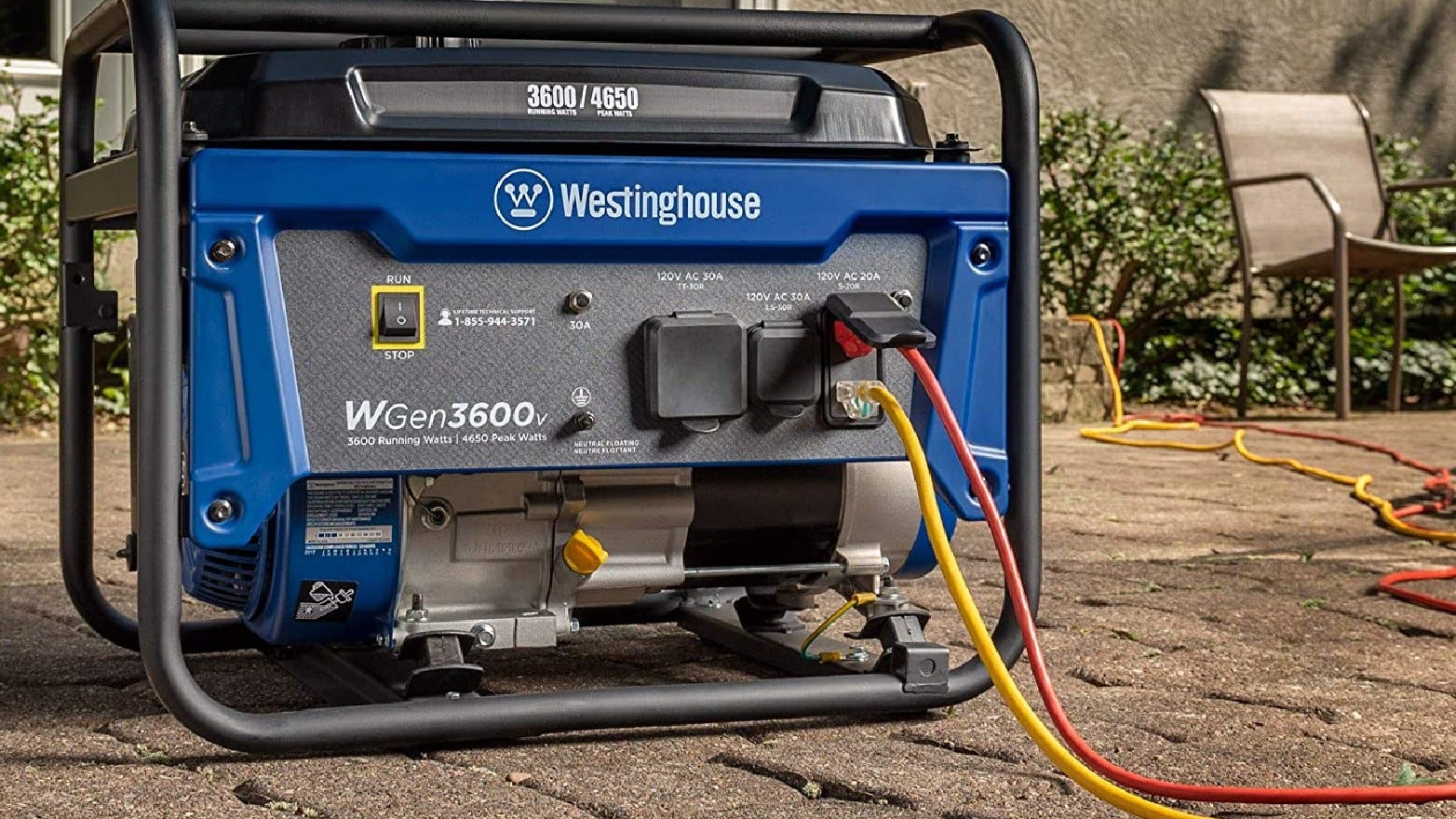
Having a generator can be a great asset to any home or business. Generators are available in a variety of sizes and types, and each has its own unique benefits. Here are some of the benefits of owning a generator.
1. Back Up Power: Generators are a great source of back up power. In the event of a power outage or natural disaster, having a generator can provide the necessary power to keep your home or business running. Generators are an essential item for those living in areas prone to power outages.
2. Portable: Generators are relatively small and portable. This makes them great for camping trips, tailgating, and other outdoor activities. Generators can also be used in remote locations where there is no access to power.
3. Cost-Efficient: Generators are relatively inexpensive and can save money in the long run. By using a generator, you can save money on energy bills and reduce your dependence on traditional energy sources.
4. Versatile: Generators are versatile and can be used for a variety of purposes. Generators can power refrigerators, sump pumps, power tools, and other electrical items.
These are just a few of the benefits of owning a generator. With the right generator, you can have a reliable source of back up power and save money on energy costs. Investing in a generator can be a great way to prepare for power outages and other emergencies.
How to Buy a Generator
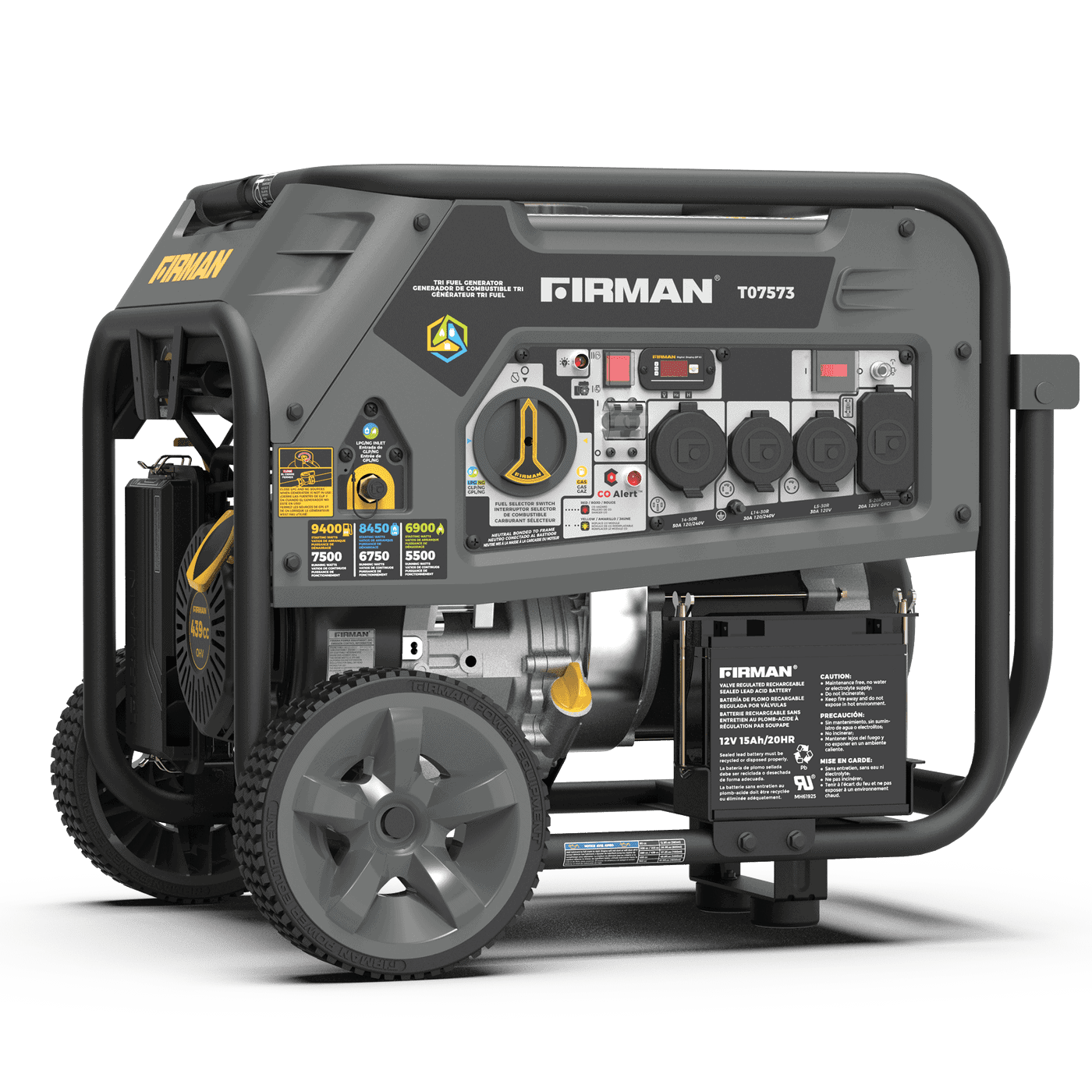
Buying a generator can be an overwhelming task with so many options on the market and so many factors to consider. But armed with the right information, you can make an informed and educated decision when it comes to buying a generator. Here are some key points to keep in mind when shopping for a generator.
First, you’ll want to think about what type of generator you need. Portable generators are great for camping, tailgating, and other outdoor activities, while standby generators are ideal for backup power in your home or business. Once you’ve determined the type of generator you need, you’ll want to consider size and power output. The size of the generator should be based on the amount of power you need and the type of appliances or tools you’ll be running with it.
Once you’ve settled on the size and type of generator you want, you’ll want to consider fuel type. Generators can run on gasoline, diesel, propane, or natural gas. Depending on your power needs and how often you’ll be using the generator, you may want to consider a dual fuel generator.
Noise level is another important factor to consider when buying a generator. Generators can be quite loud, so you’ll want to make sure you’re buying one that’s not too loud for your needs. Pay attention to the decibel rating of the generator, as this will give you an idea of how loud it is.
Finally, you’ll want to consider safety features when buying a generator. Look for generators that have automatic shut-off switches, low oil shut-offs, and overload protection. These features will ensure that your generator is safe to operate and will help protect your home and appliances from power surges and overloads.
Once you’ve considered all of these factors, you’ll be ready to buy a generator. Take the time to research and compare different models, and be sure to read customer reviews to get an idea of how reliable and efficient the generator is. With the right information, you’ll be able to make an informed decision and get the generator that best meets your needs.
Generator Reviews
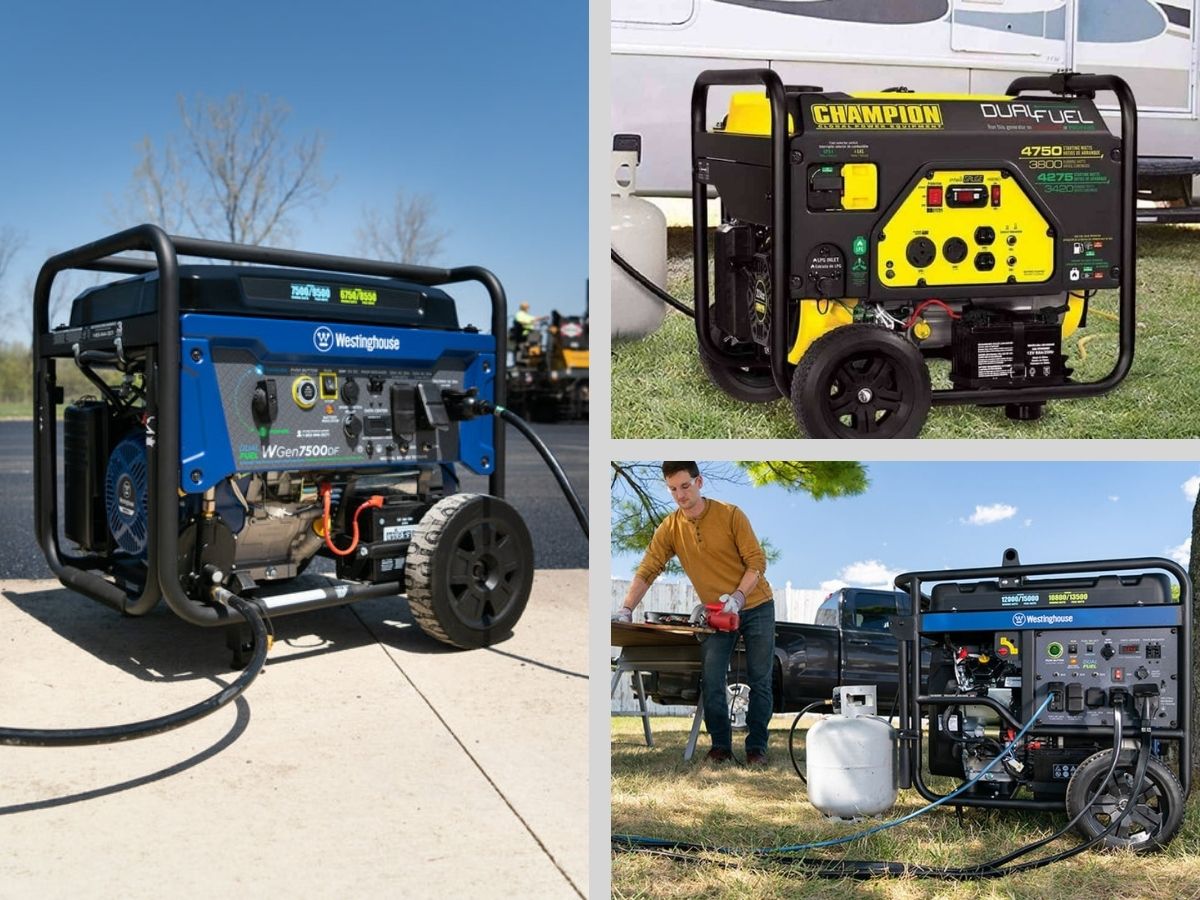
When purchasing a generator, it is important to read reviews to evaluate the product’s quality, performance and safety features. Here is a list of some of the best generators on the market:
- Honda EU2200i: This generator is one of the most popular models and is known for its quiet operation and fuel efficiency. It is also reliable and easy to use.
- Westinghouse WGen7500: This generator is designed for heavy-duty use and is capable of powering large appliances. It is durable and runs on gas or propane.
- DuroStar DS4000S: This is an affordable, portable generator that is suitable for camping trips and power outages. It is easy to start and runs quietly.
- Champion 3400-Watt: This generator is designed for continuous use and can power both small and large appliances. It is reliable and easy to use.
- Yamaha EF2000iSv2: This generator is designed for recreational use and is lightweight and portable. It is fuel-efficient and runs quietly.
When choosing a generator, it is important to read reviews and compare features to find the best product for your needs. It is also important to consider the price and read customer reviews to ensure quality and satisfaction.
Generator Maintenance

When it comes to generator maintenance, it’s important to stay ahead of the curve. Regularly scheduled maintenance can help ensure that your generator runs properly and safely.
To ensure proper generator maintenance, make sure to inspect the unit before each use. Check the oil, fuel, air, and coolant levels, as well as the lubrication system. Check the generator’s air filters and replace them if needed. Also, look for any signs of damage or wear, such as loose screws or frayed wiring.
It’s also important to have your generator serviced at least once a year by an experienced service technician. During a service call, the technician will check all of the components, including the engine, alternator, spark plugs, and wiring. They will also check the generator’s fuel system, oil levels, and other components.
When it comes to fuel, make sure to use the recommended fuel type and octane rating for your generator. This will ensure optimal performance and help avoid fuel-related issues. Also, it’s important to store fuel in a cool, dry environment and to use fuel stabilizers when necessary.
Finally, make sure to keep your generator’s battery in good condition. This means regularly checking the electrolyte level and ensuring that the battery terminals are clean and corrosion-free. Make sure to also check for any damage or wear, as these can affect the performance of the generator.
By following these tips, you can help ensure that your generator runs optimally and safely. Regular maintenance can help extend the life of your generator and keep it in top condition.
Generator Safety
Generators are a great way to power your home in case of a power outage. However, it is important to remember that generators can be dangerous if not used correctly. Here are some tips to keep in mind when using and maintaining your generator:
1. Store your generator in a dry and well-ventilated area. Do not store it in a garage, basement, or any other enclosed space, as the exhaust fumes from the generator can be dangerous.
2. Make sure to read the manufacturer’s instructions before using the generator. This includes connecting it correctly to your home’s electrical system.
3. Never use a generator indoors. Generators produce carbon monoxide, which is an odorless, colorless gas that can be fatal if inhaled.
4. Always keep your generator away from combustible materials, such as paper, cardboard, and other flammable materials.
5. Keep children and pets away from the generator while it is in use.
6. Make sure to turn off the generator and unplug it from the electrical system when not in use.
7. Have your generator serviced regularly to ensure it is in good working order.
By following these simple safety tips, you can ensure that your generator is used safely and efficiently.
Frequently Asked Questions
1. What should I consider before purchasing a generator?
Before purchasing a generator, it is important to consider the following factors:
- Power Output: First, you need to determine the total power output your generator will need to produce. Calculate the total wattage of all appliances and tools that need to be powered, and then look for a generator that can produce at least that much power.
- Fuel Type: Depending on your needs, you may prefer a generator that runs on gasoline, diesel, or propane. Consider how often you will use it and how easy it will be to refuel.
- Noise Level: It’s important to consider how loud the generator is when it is running. If you plan to use it in residential areas, you will want to find one that produces minimal noise.
- Portability: If you plan to travel with your generator, you will want to find one that is lightweight and easy to transport.
- Size: Consider the size of the generator and the space you have available for storage.
- Budget: Finally, set a budget for the generator you need and look for one that fits within your budget.
By taking these factors into consideration, you can find the generator that best suits your needs.
2. How do reviews help me determine the right generator to buy?
Reviews are a great way to learn more about a generator before you buy it. Reviews can provide valuable insight into the features and performance of a generator, as well as the customer service that a company provides. Here are some of the things you should look for in reviews when deciding on the right generator to buy:
- The types of features that the generator has.
- The quality of the generator’s construction and parts.
- The overall noise level of the generator.
- The ease of use, set-up and maintenance.
- The fuel efficiency of the generator.
- The customer service and warranty provided by the company.
- The quality of the customer support.
- The overall value for money.
Reading reviews can help you make an informed decision about which generator is best for your needs. It can also help you avoid potential problems and disappointments after making your purchase. A good review should provide detailed information about the pros and cons of a generator so that you can make an informed choice.
3. What are some of the features I should look for in a generator?
When shopping for a generator, there are a few features to keep in mind when making your decision. Here is a list of features you should look for:
- Noise level: Look for a generator with a noise level that is acceptable for your needs. Some generators are louder than others, so be sure to research the noise levels for each generator you are considering.
- Fuel efficiency: Consider how efficient the generator is at consuming fuel. Generators that are fuel-efficient will save you money in the long run.
- Portability: If you plan to move the generator around, look for one that is lightweight and has handles or wheels that make it easy to transport.
- Power output: Make sure the generator you choose has enough power to meet your needs. Consider how many appliances and tools you will be running at once and the power requirements of each.
- Ease of use: Some generators are easier to use than others. Look for a generator that is easy to start and includes features like an LCD display for monitoring power levels.
- Warranty: Most generators come with a warranty that covers defects in materials and workmanship. Be sure to read the warranty carefully to ensure you are protected.
4. What are the Benefits of Buying a Generator?
Generators are becoming increasingly popular for a variety of reasons. They provide reliable backup power in emergency situations, allow users to power essential appliances during power outages, and provide a reliable source of electricity in remote locations. Here are some of the key benefits of buying a generator:
- Convenient Backup Power – Generators provide a convenient source of power in emergency situations. They can help power essential appliances, such as refrigerators, during power outages, so you don’t have to worry about food spoiling.
- Reliable Power in Remote Locations – Generators are ideal for providing a reliable source of electricity in remote locations, such as camping sites or remote cabins. This allows you to have the comforts of home even when you’re miles away.
- Portability – Generators are highly portable, so you can take them wherever you need. This makes them great for camping trips and other outdoor activities where you may not have access to a power source.
- Cost Savings – Generators can help reduce your energy costs by providing a backup power source during peak hours. This can help reduce your overall electricity bills.
- Safety – Generators provide a safe source of power and can help reduce the risk of electrical fires or injury when used properly.
Overall, buying a generator can provide numerous benefits, from providing reliable backup power in emergency situations to helping you save money on your energy bills.
5. How can I get the most out of my generator purchase?
When it comes to generators, it pays to do your research and be informed about what you’re buying. Here are some tips for making sure you get the most out of your purchase:
- Choose the right size of generator for your needs. Consider the wattage you need, the size of the area you’ll be using it in, and the types of appliances you’ll be powering.
- Read reviews and research the brands to make sure you’re getting a quality generator that will last.
- Shop around to compare prices, features, and warranties.
- Consider additional accessories that may be needed, such as a transfer switch or surge protector.
- Make sure to follow all safety guidelines when using and maintaining your generator.
By doing your research and following these tips, you can make sure you get the most out of your generator purchase.
Conclusion
When it comes to buying a generator, there are many things to consider before making the decision. It is important to consider your specific needs and the features that a generator offers. You should also take into account the size of the generator and its power output, as well as safety considerations. Additionally, you should read reviews, guides, and how-to’s to help you make an informed decision.
Ultimately, the right generator for you depends on your specific needs and preferences. Taking the time to research and compare different models and features will ensure that you get the best generator for your needs. With the right generator, you can enjoy reliable power, no matter the situation.
References
- Lane, J. (2020). How to Choose the Right Generator for Your Home. Retrieved from https://www.familyhandyman.com/list/how-to-choose-the-right-generator-for-your-home/
- Hunter, M. (2020). What Size Generator Do I Need for Home Use? Retrieved from https://www.generatorpower.co.uk/what-size-generator-do-i-need-for-home-use/
- Soble, A. (2020). How to Buy a Generator: Everything You Need to Know. Retrieved from https://www.popularmechanics.com/home/tools/a28876772/how-to-buy-a-generator/
- Ferraro, A. (2020). How to Use a Generator Safely. Retrieved from https://www.thespruce.com/how-to-use-a-generator-safely-4151811
- Houzz Staff (2020). How to Choose a Generator. Retrieved from https://www.houzz.com/magazine/how-to-choose-a-generator-stsetivw-vs~84820393
